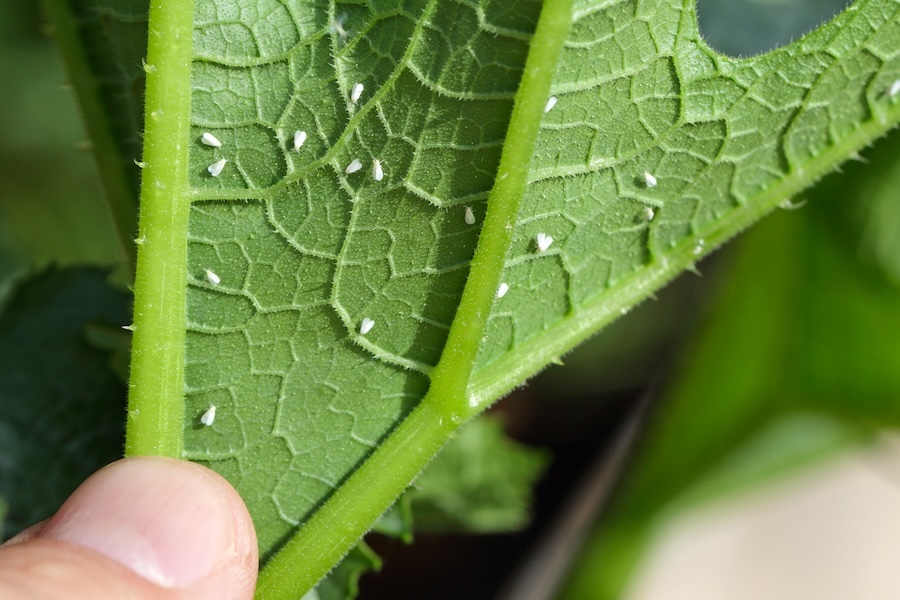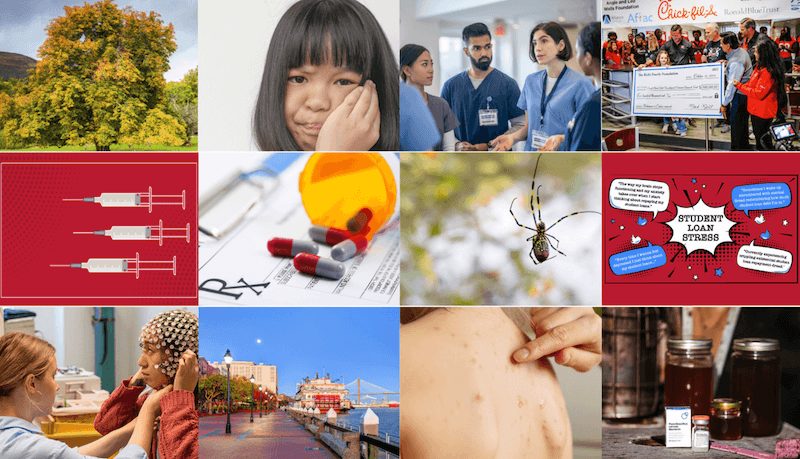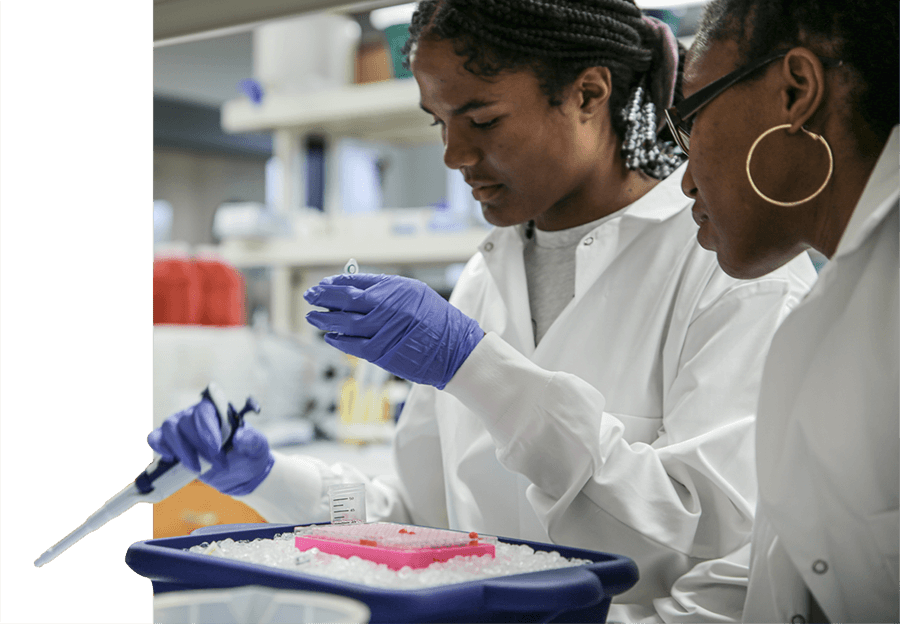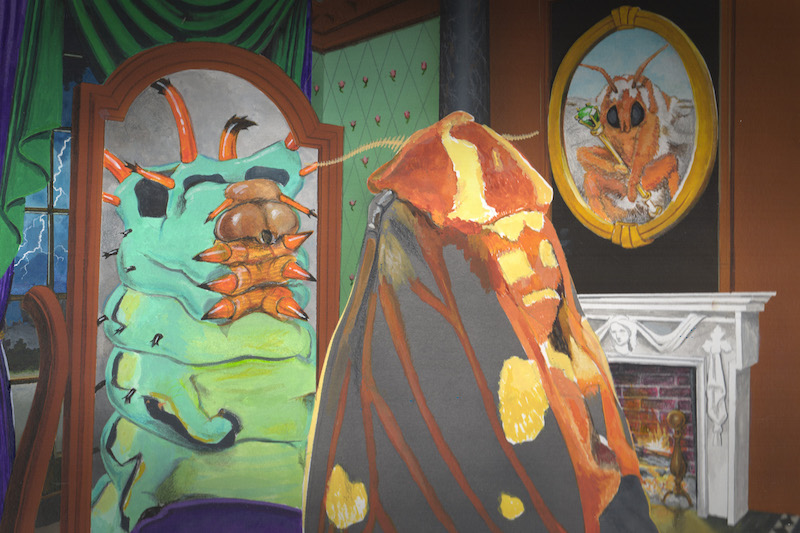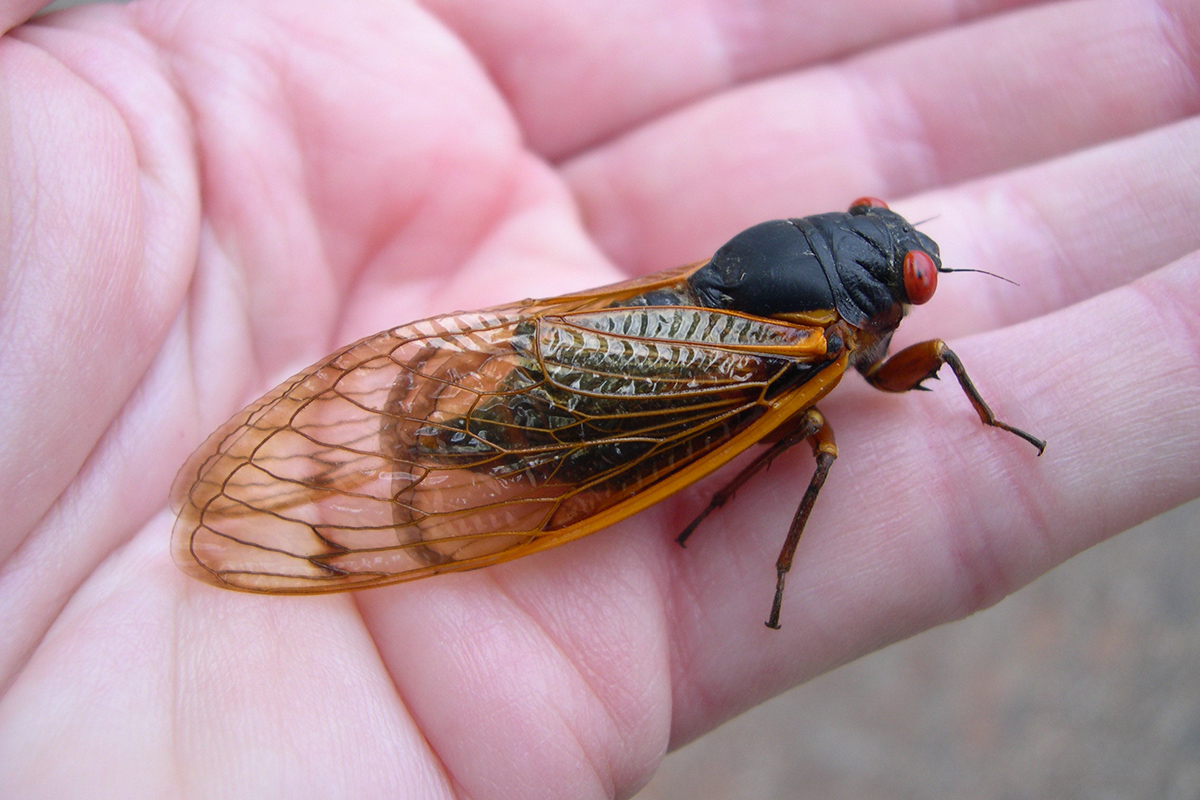 CAES News
CAES News
2024 Cicada Emergence
There is no doubt about it: the periodical cicadas have arrived. “Brood XIX (Brood 19) is Georgia’s only 13-year cicada. The Great Southern Brood is the largest periodical cicada brood in North America, covering at least a dozen states in the Southeast,” said Nancy Hinkle, professor in the University of Georgia Department of Entomology. “This year, millions of periodical cicadas are emerging in Georgia from now until Memorial Day.”

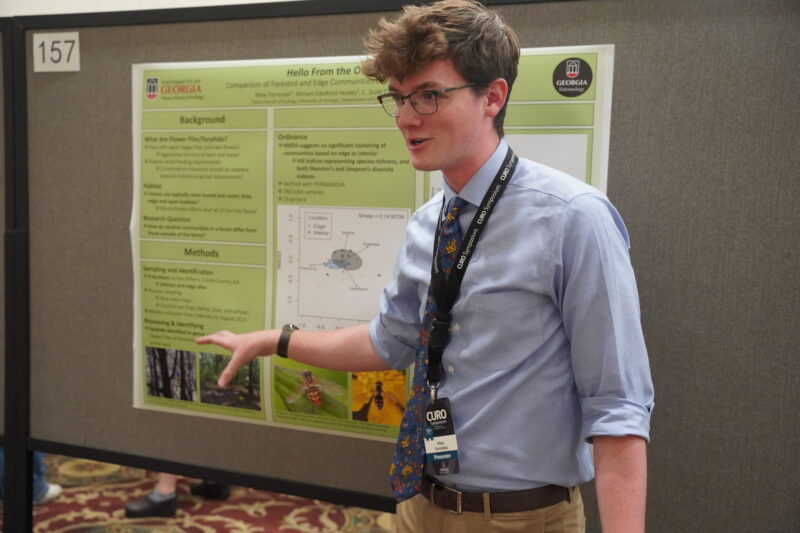

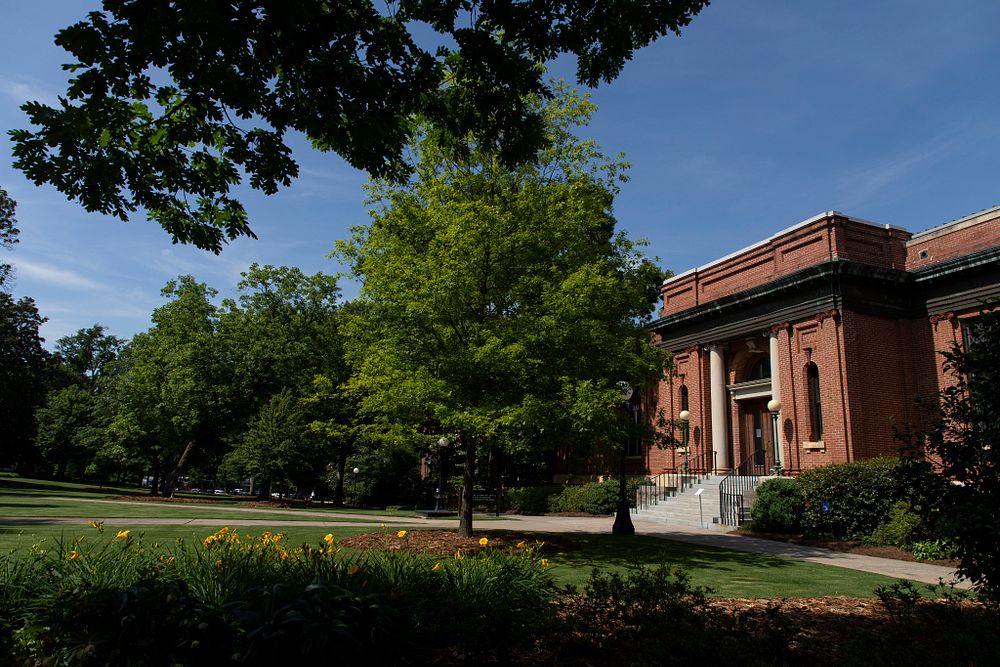
.png)
